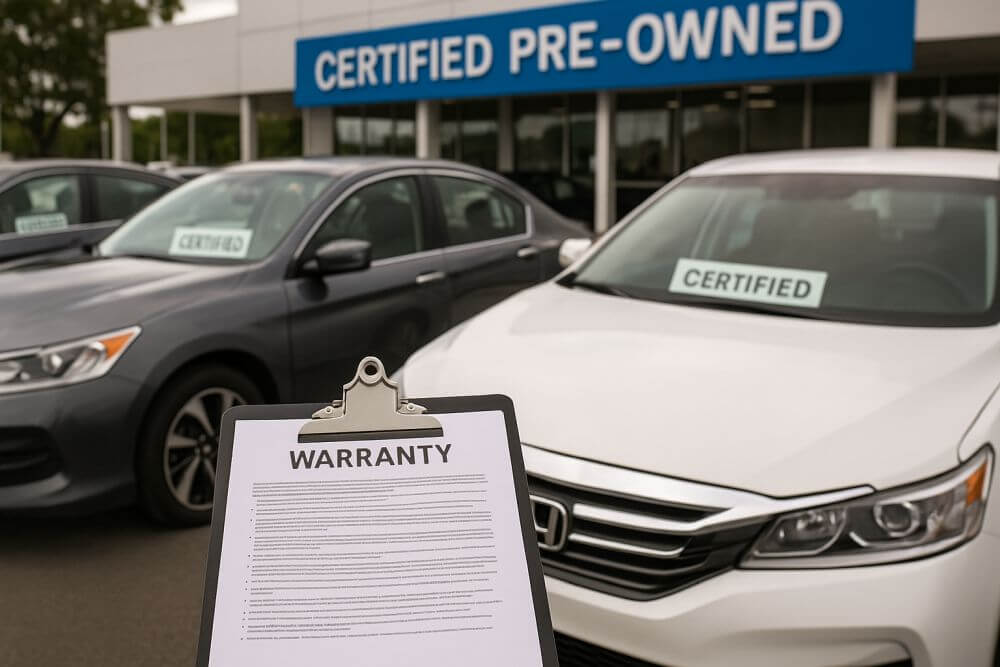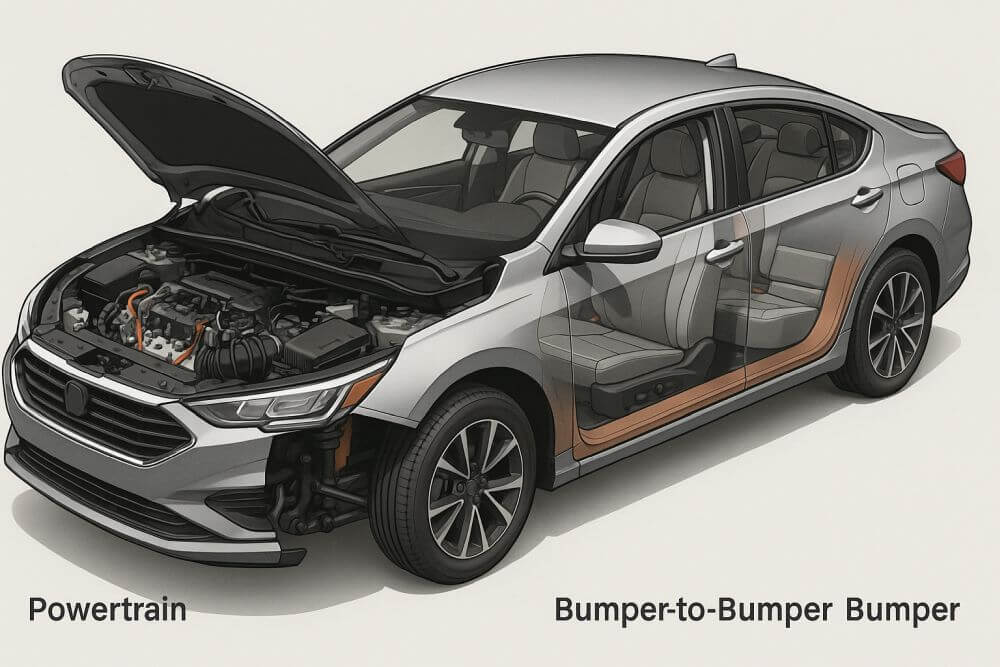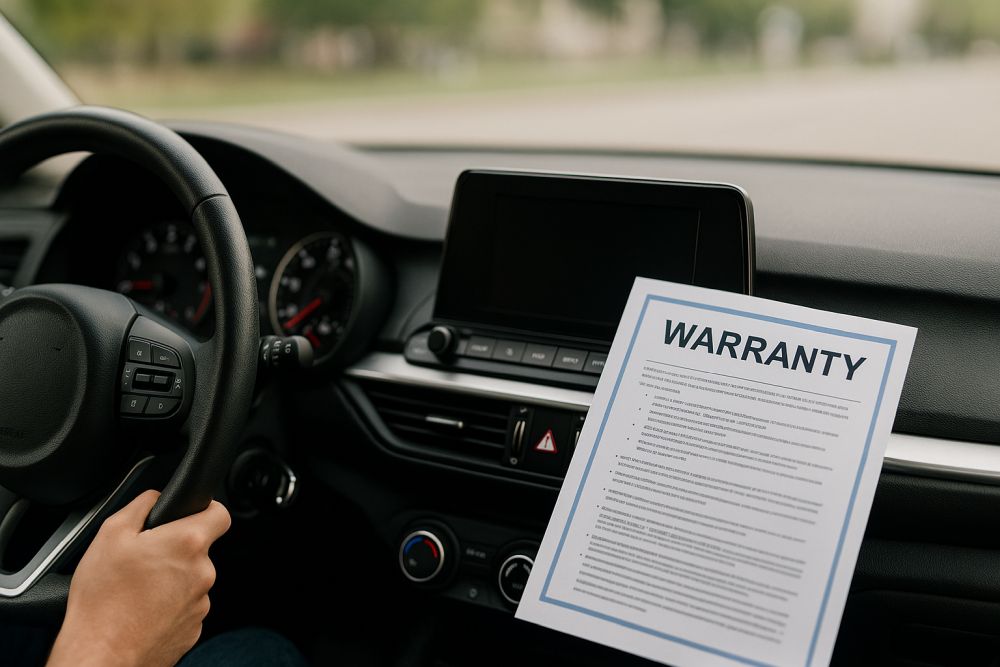When shopping for a used car, there are many options. The most prevalent two sellers are private owners or franchise dealers. Buying a used car from a franchise car dealership has some advantages and some disadvantages to buying from a private owner. Here is a look at some of the pros and cons.
Variety
One of the biggest pros to buying from a franchise car dealership is the fact that they have a larger variety of used cars. Dealerships manage multiple trade-ins per day, so their stock is constantly changing. This means that you will have a gamut of options when it comes to the make, model, or even color of the used car that you can buy.
Keep in mind that this variety can be a potential con as well. Franchise car dealerships may have excellent marketing efforts to move their large inventory, which can bring a larger number of buyers, thus driving down your ability to negotiate.
Price
Price is another consideration. While dealerships have a reputation of being pricier than private parties, this is not always the case. You may find that a franchise dealership has much lower prices than a private owner, giving them a distinct advantage when you are shopping around. Because dealerships deal in bulk, they can often afford to make less of a profit on one individual vehicle than a private owner can.
At the same time, dealerships may be less likely to work with you on the price than a private owner. Dealerships have many employees on the payroll, along with overhead costs like paying for the building itself and utilities. In contrast, a private owner may have more room for negotiation that will help you to get the price down.
Financing
One advantage that car dealerships have over private owners is financing. If you need a car now, but cannot afford to buy one outright, then dealership financing might be an option for you. However, you will want to get pre-approval from another financial institution first, giving you the ability to compare rates and choose the most competitive loan terms.
Quality
The quality of used cars sold by franchise dealerships can be questionable. Some dealerships buy salvaged cars or repossessed vehicles from auction. Dealerships may buy previous rental cars that have been driven hard or have high mileage. They may have trade-ins with major underlying issues that have not been repaired.
Make sure you run a free VIN lookup, even if the dealer says the car is impeccable. In addition, inquire as to the dealership’s inspection and what repairs, if any, have been made.
Warranties
Warranties are a definite advantage that franchise dealerships have over private sellers. Some dealerships will sell vehicles that are “certified pre-owned” and come with a warranty or guaranty for a certain amount of time or miles. This can put your mind to ease about any upcoming repairs. Package deals may even come with regular maintenance items like oil changes and car washes for a year, bonuses that private sellers won’t offer.
Salespeople
If you are looking to buy a used car, walking into a dealership can be a little intimidating. Private sellers often advertise their vehicles online or in the newspaper or by simply putting a sign up in their window; car dealerships rely on their salespeople instead to seal the deal.
Simply walking into a car dealership to look around can be intimidating, as over-enthusiastic salespeople attempt to help you find a used car. You could feel pressured to buy a vehicle from the options they have, even if it is not the exact car that you are looking for. Remember that most of the people working there are doing so on commission, so their one and only mission is to get you to open your wallet – even if that car is not a perfect fit.
If you are in the market for a used car, it is important to leave no stone unturned. Dealerships can offer some advantages and some great deals for a used vehicle. However, do not be afraid to look into private sellers as well to make sure that you find the best possible car for you.


